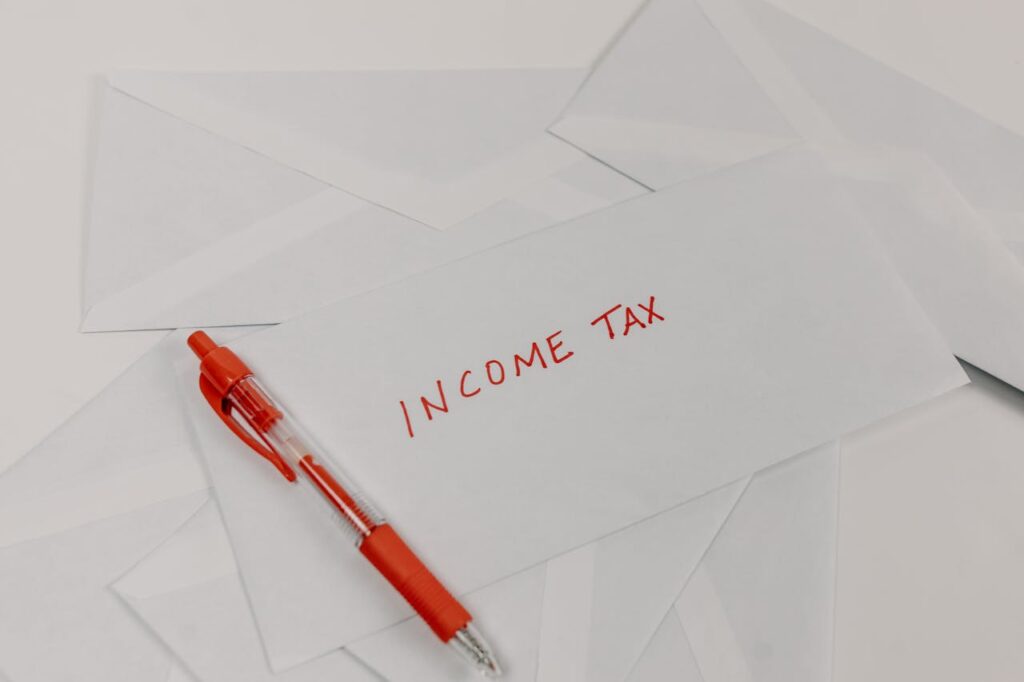Short Term Capital Gain on Shares (Section 111A of Income Tax Act) – STCG Tax Rate & Calculation

Investing in shares can be a profitable venture, but understanding the tax implications is crucial. In India, the Income Tax Act, 1961, lays down specific provisions for the taxation of capital gains. One such provision is Section 111A, which deals with Short Term Capital Gains (STCG) on shares. This article delves into the intricacies of STCG, including the applicable tax rates and calculation methods, ensuring you are well-informed to make the most of your investments.
What Constitutes Short Term Capital Gain (STCG)?
Applicability of Section 111A
Section 111A specifically applies to:
- Equity shares in a company
- Units of an equity-oriented fund
- Units of a business trust
These securities must be listed on a recognized stock exchange and subjected to Securities Transaction Tax (STT) at the time of transfer.
STCG Tax Rate Under Section 111A
The tax rate for Short Term Capital Gains under Section 111A is 15%. This rate is uniform and does not vary with the amount of gain. However, if the total taxable income (including STCG) of the individual is below the taxable limit, the shortfall can be adjusted against the STCG, reducing the taxable amount.
Surcharge and Cess
In addition to the 15% tax rate, surcharges and cess are applicable as follows:
- Surcharge: Depending on the income slab, a surcharge may be levied. For income between ₹50 lakh to ₹1 crore, the surcharge is 10%. For income above ₹1 crore, it ranges from 15% to 37%.
- Health and Education Cess: An additional 4% cess is levied on the tax payable, including the surcharge.
Calculation of Short Term Capital Gain
To calculate STCG, the following formula is used:
STCG = Full Value of Consideration – (Cost of Acquisition + Cost of Improvement + Expenditure on Transfer)
- Full Value of Consideration: This is the total sale price received from the transfer of shares.
- Cost of Acquisition: The purchase price of the shares.
- Cost of Improvement: Any expense incurred to improve the shares, although typically not applicable to securities.
- Expenditure on Transfer: Expenses directly related to the sale, such as brokerage fees.
Illustration of STCG Calculation
Consider the following example:
- Purchase Details:
- Purchase Price: ₹1,00,000
- Date of Purchase: 1st July 2023
- Sale Details:
- Sale Price: ₹1,50,000
- Date of Sale: 1st January 2024
- Brokerage Fees: ₹500
Calculation:
- Full Value of Consideration = ₹1,50,000
- Cost of Acquisition = ₹1,00,000
- Expenditure on Transfer = ₹500
STCG = ₹1,50,000 – (₹1,00,000 + ₹0 + ₹500) = ₹49,500
Tax on STCG = 15% of ₹49,500 = ₹7,425
Exemptions and Rebates
Section 111A does not provide any specific exemptions. However, standard deductions under Sections 80C to 80U are applicable. It is important to note that the benefit of indexation is not available for STCG.
Rebate Under Section 87A
Individuals with a total income not exceeding ₹5,00,000 are eligible for a rebate under Section 87A. This rebate is the lower of the actual tax payable or ₹12,500, which can effectively reduce the STCG tax liability to zero if the total income, including STCG, is within this limit.
Reporting and Compliance
It is essential to report STCG in the Income Tax Return (ITR). Taxpayers must fill out Schedule CG of the ITR form applicable to them (ITR-2, ITR-3, etc.). Proper documentation, including broker statements and transaction records, should be maintained to substantiate the STCG calculations.
Advance Tax Liability
Taxpayers are required to pay advance tax on their STCG if their total tax liability exceeds ₹10,000 in a financial year. Failure to pay advance tax may result in interest penalties under Sections 234B and 234C.
Implications for Non-Residents
Non-resident Indians (NRIs) are also subject to STCG tax under Section 111A. The tax rate remains 15%, but NRIs may benefit from the Double Taxation Avoidance Agreement (DTAA) between India and their country of residence. This agreement can potentially reduce the tax burden, subject to the provisions of the DTAA.
Conclusion
Understanding the taxation of Short Term Capital Gains under Section 111A of the Income Tax Act is pivotal for investors in the equity market. By comprehensively grasping the applicable tax rates, calculation methods, and compliance requirements, investors can effectively manage their tax liabilities and make informed investment decisions. Proper planning and adherence to tax regulations can optimize returns and ensure a smooth tax filing process.
Post navigation
Comments on “Short Term Capital Gain on Shares (Section 111A of Income Tax Act) – STCG Tax Rate & Calculation”